environmental land management schemes
We recently published more information on the rollout of our environmental land management schemes. It includes the full range of actions, payment rates and when they’ll be available. This post gives a scheme-by-scheme summary.
The SFI annual health and welfare review is a fully funded vet visit which farmers can receive each year. With the help of volunteer farmers and vets, we started testing the review in September. In this post, I’d like to give you an update on what we’ve learned through testing. I’ll also share our plans for …
In the second of our series of films from the Lake District, local farm facilitator Danny Teasdale took us to meet Jasmine Holliday. Jasmine is a Farming Officer in the Lake District National Park and she works on the Farming in Protected Landscapes programme. In this video, Jasmine talks about the ambitions of the programme, …
In this film, local farm facilitator Danny Teasdale explains how environmental improvements go hand in hand with food production in the Lake District.
Yesterday, Rt Hon Mark Spencer MP, Minister for Food, Farming and Fisheries and Janet Hughes, Programme Director, Future Farming and Countryside Programme appeared before the Environment, Food and Rural Affairs Committee. The session was part of a committee inquiry into the rollout of the new environmental land management schemes.
Following recent media speculation on the future of farming policy in England, we know that you may have some questions about our work. We’ve published a post on Defra's media blog which sets out our response and position.
From 1 September, if you have land in a Countryside Stewardship or Environmental Stewardship agreement, but not on common land, you can now apply online directly by signing into the Rural Payments service.
Farmers in North Cumbria's Forgotten Lands are working with Natural England and Defra to help shape future environmental land management schemes. In this third video in a series of 3 about the North Cumbria Farmers Group Test and Trial, uplands livestock farmer and local history expert Barbara Smith explains how the group have been mapping …
Through our new environmental land management schemes, we will pay farmers and land managers to enhance the natural environment alongside food production. In this post, I'll share more information about how we expect Local Nature Recovery to work.
Over the past 2 years, the Foundation for Common Land, in collaboration with the Federation of Cumbria Commoners, delivered a tests and trials project to look at commons. In this guest post, Professor Julia Aglionby shares their work which explored how environmental land management schemes should be developed to support commons.
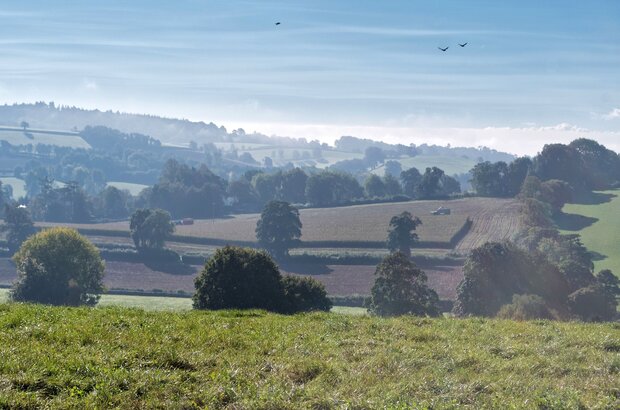
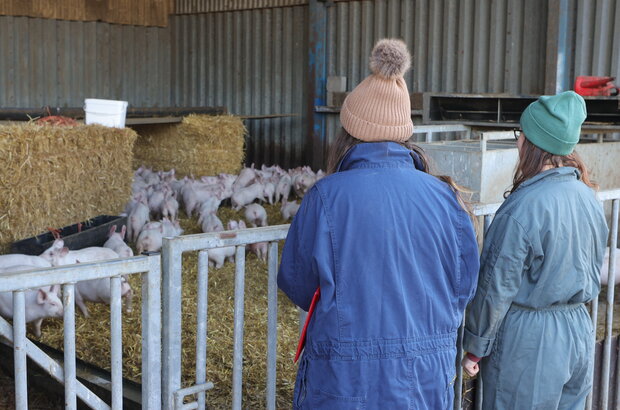
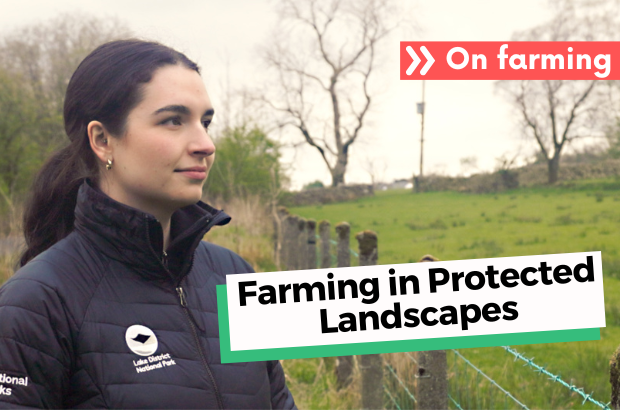
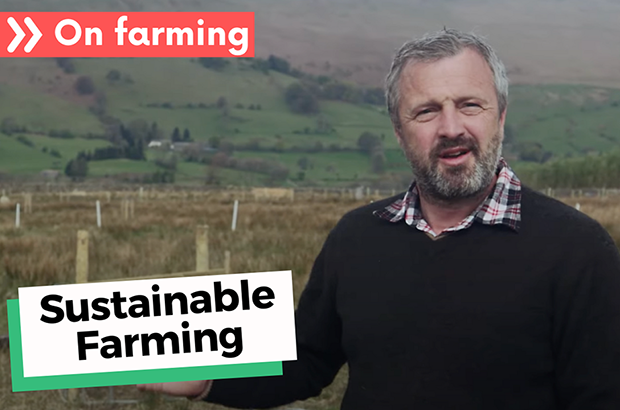
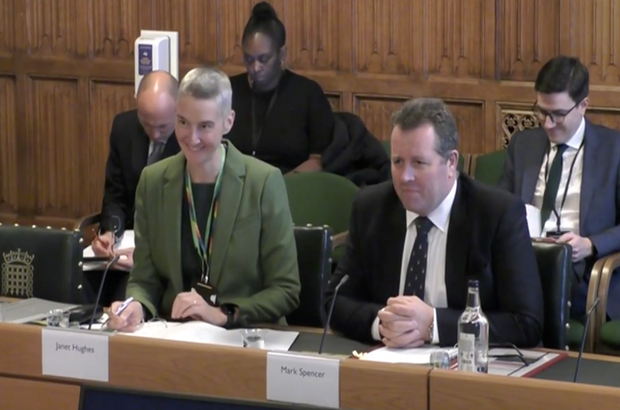
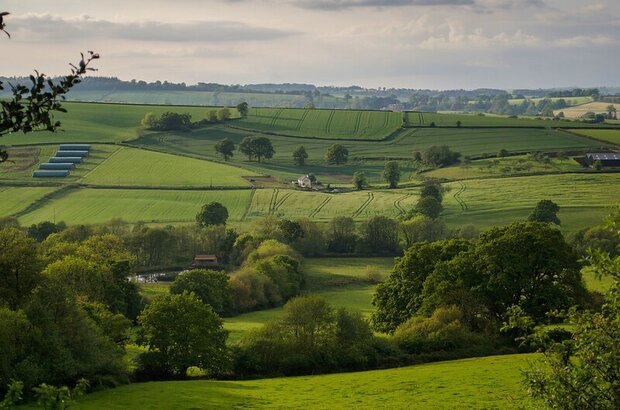
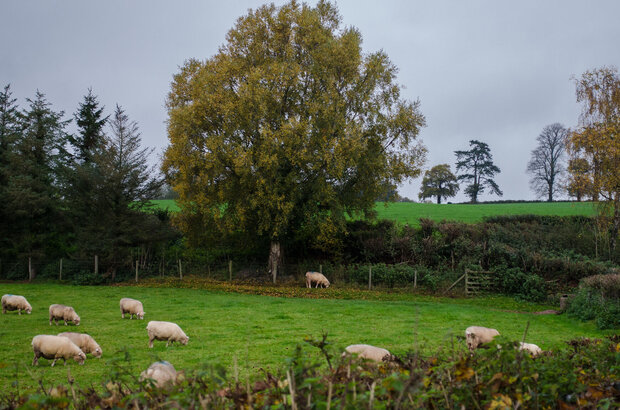
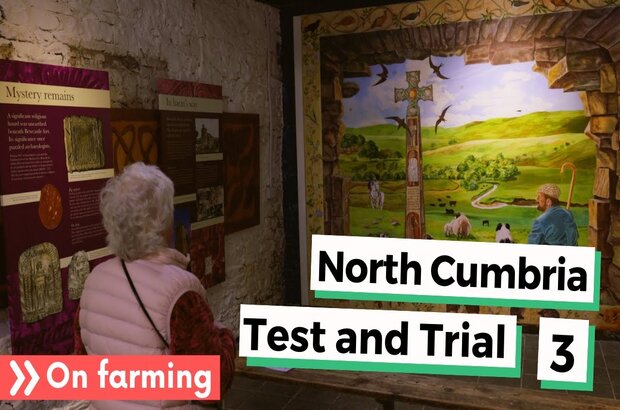
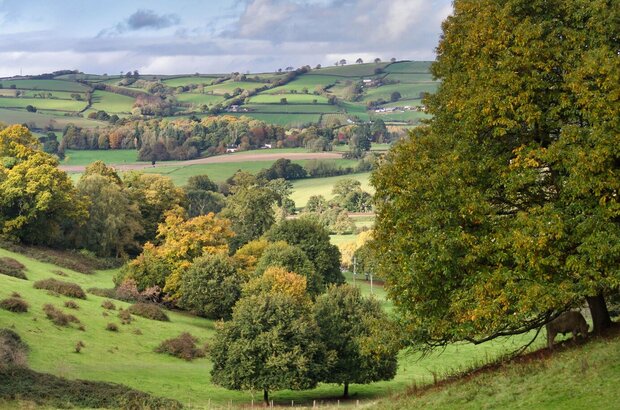
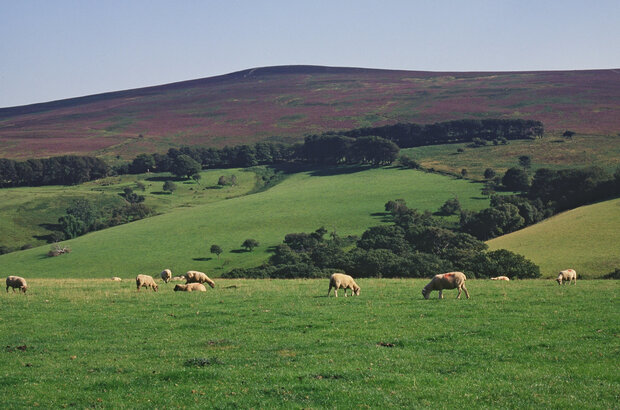
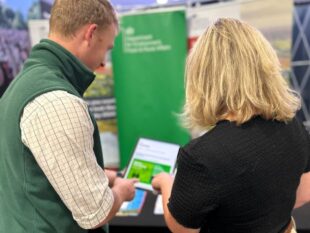


 The
The 